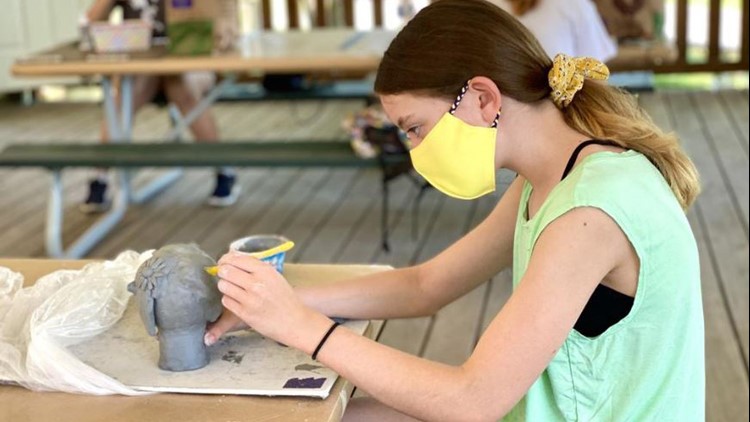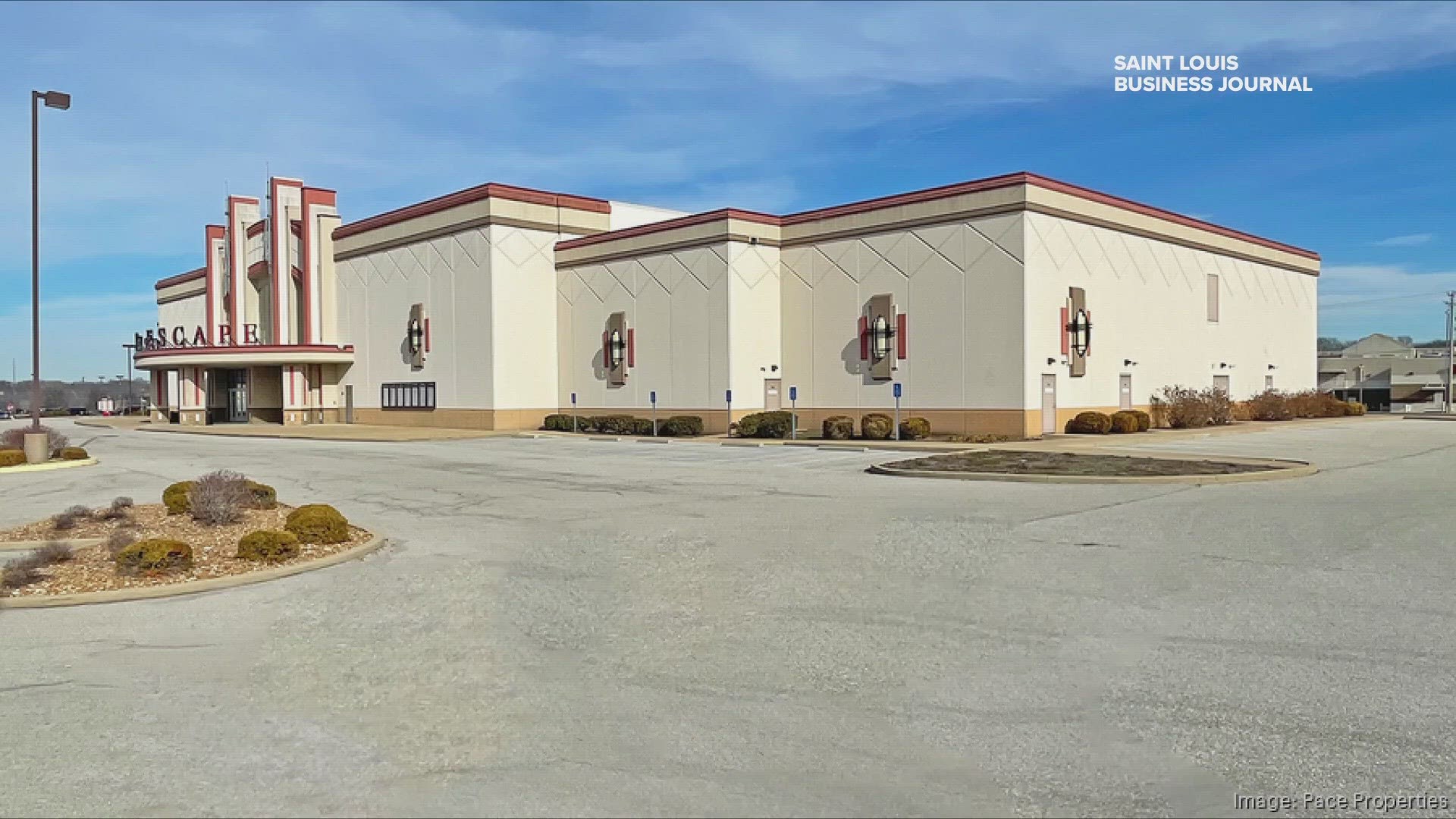ST. LOUIS — Summer camp: An annual experience in which kids get to have fun and parents get a break.
This year, add to that definition temperature checks, social distancing and plenty of liability waivers. As local economies reopen, many kids are heading off to camp. But this summer, the camp experience will look very different for children, parents and camp hosts due to COVID-19 safety guidelines.
St. Louis County and city of St. Louis summer camps were allowed to begin operating again at the beginning of the month, with new rules like symptom checks, reduced capacity and social distancing in place.
Typically, The Magic House in Kirkwood would invite parents to walk into the facility to drop their children off in person for summer camps, but now, staff is meeting all campers at their car and taking each child’s temperature before they even exit the vehicle.
“Parents will stay in their car at all times,” said Carrie Hutchcraft, director of marketing and development.
The Magic House is also placing each of its camp groups into two sessions rather than one in order to reduce the capacity of children in one space together. For example, what used to be one camp group with 20 children in a session is now two groups with a max of 10 children per session, Hutchcraft said.
The new normal
It’s the same story at many camps around the region: daily temperature checks, wellness questionnaires and limited capacity requirements.
To enable safe social distancing, Laumeier Sculpture Park has cut its total art camp spots by half, as have the Gateway Region YMCA and the St. Louis Jewish Community Center for its "Summer Fun at the J" camp. The organizations are further dividing kids into small groups (eight at Laumeier; 10 at the J and YMCA) that must remain apart from other groups at all times. That way if one kid is diagnosed with COVID-19, that camper’s group members will be the only ones who were presumably exposed.
While universal mask-wearing can prevent the spread of COVID-19, program directors have recognized the challenges of that applying that model to a camp setting, which often involves outdoor and water-based activities.
“The campers are wearing them at key times, and staff are wearing them at all times,” said Brad Chotiner, camp director at the J. The J and several other local camps ask kids to wear masks if they’re indoors and not able to maintain social distancing. At other times, masks are seen as less critical. Mask-wearing can also be harder to enforce for younger kids.
“If we’re finding that they keep touching the mask — from everything I’ve read, if a kid can’t keep that mask integrity, the mask isn’t really doing any good,” Chotiner said.
As a final precaution, local summer camps have added language about COVID-19 to their liability waivers. The YMCA even added a new waiver in addition to its original family handbook. Parents who sign it agree to hold the YMCA “harmless” if their children contract COVID-19 from participating in the camp.
Click here for the full story.
More from the Business Journal
- During COVID-19, 'green house' format proves vital for this St. Louis nursing home
- Retailer liquidating 2 St. Louis-area stores in bankruptcy reorganization
- St. Louis Character: Geoffrey Soyiantet helps Africans find footing in St. Louis
- When Lambert airport expects flights to rebound — and the one route that may not come back
- ‘The future is very grim’: St. Louis malls feel pinch from COVID-19



